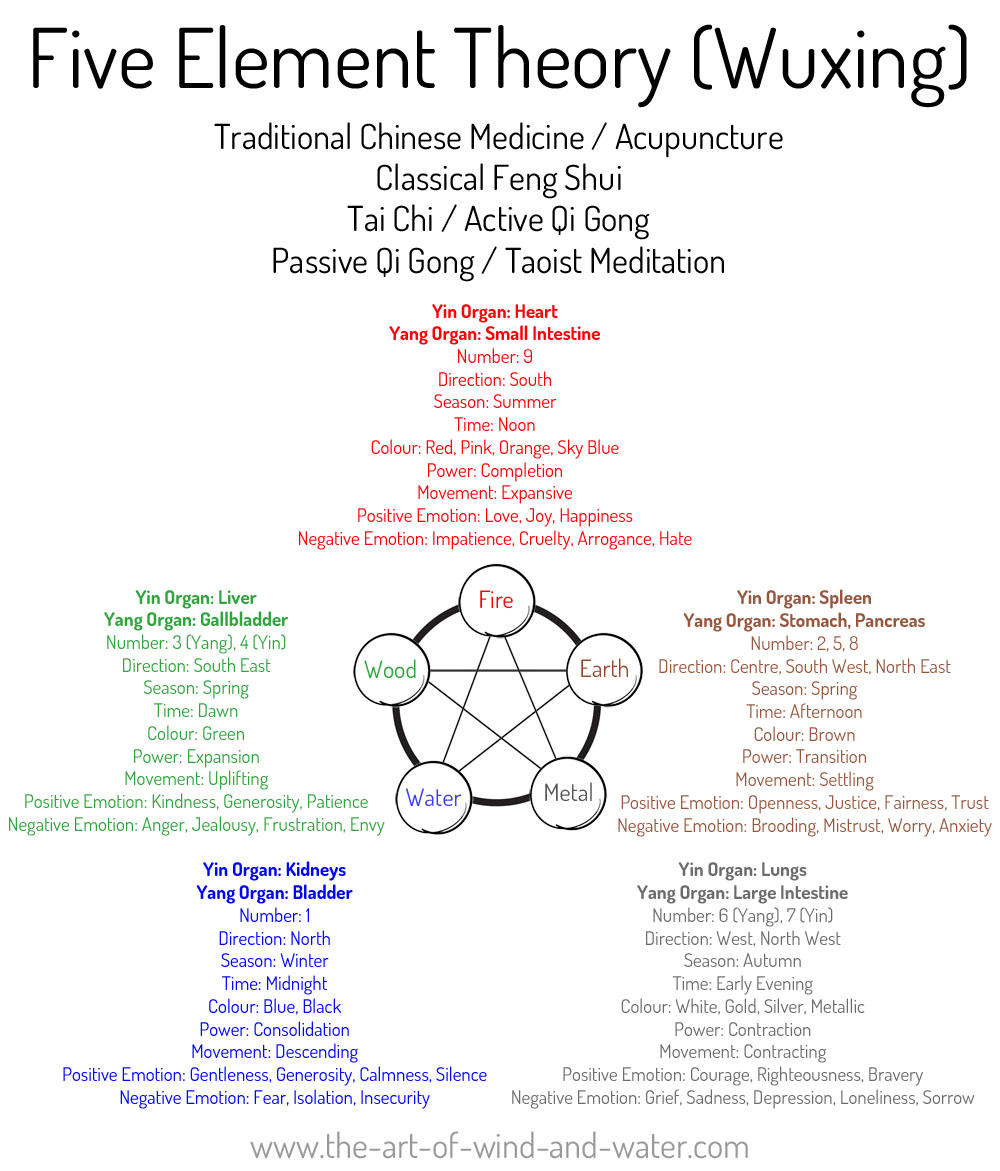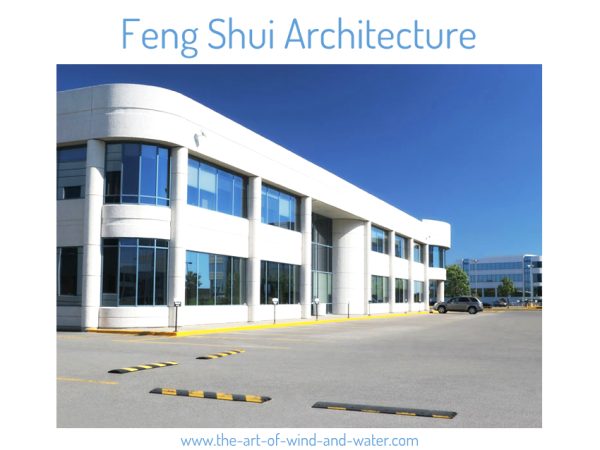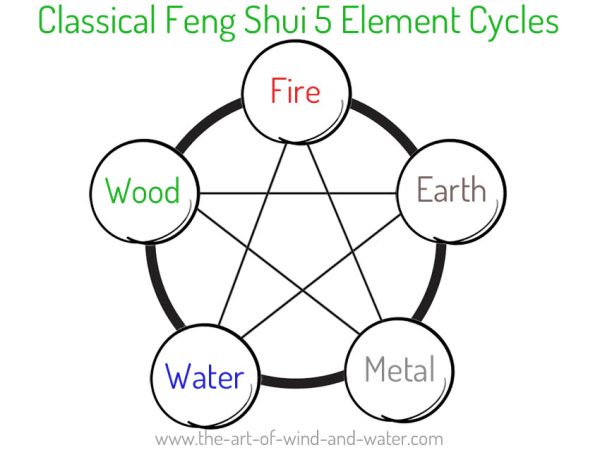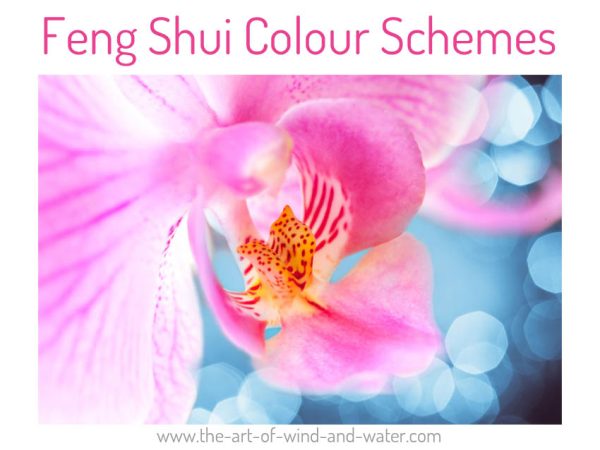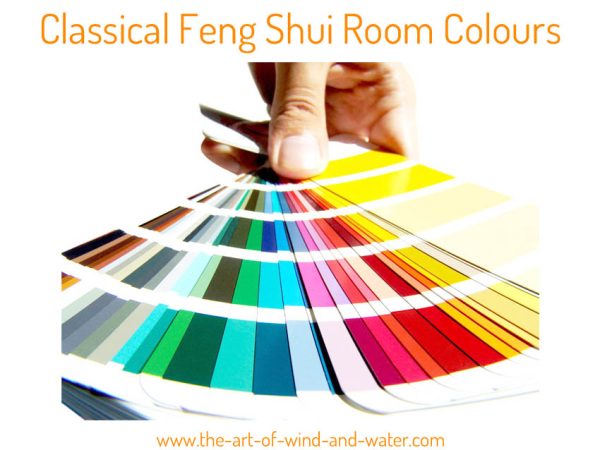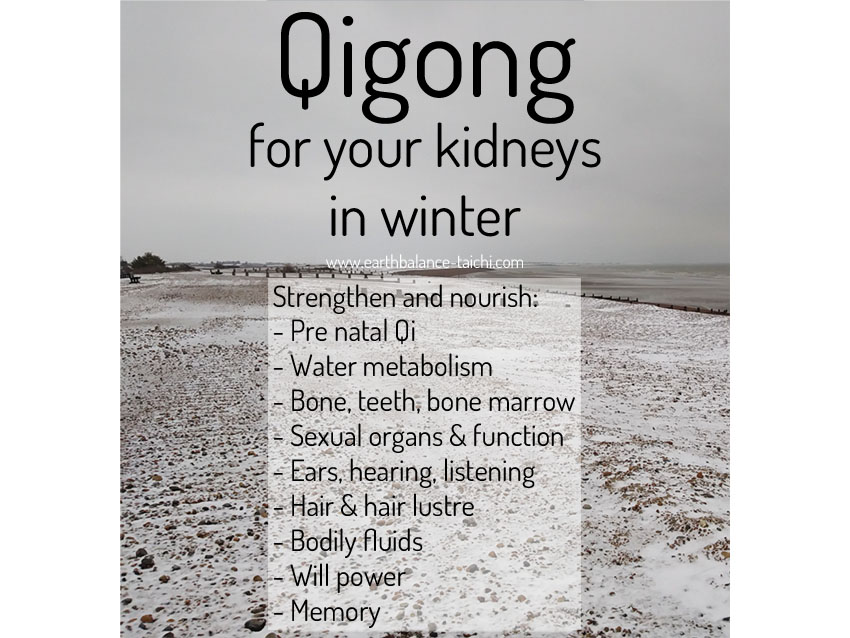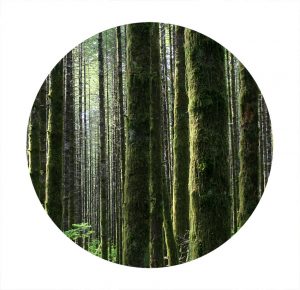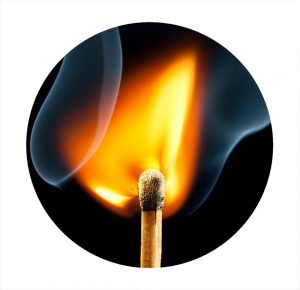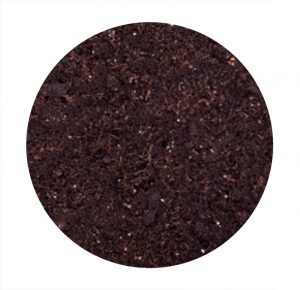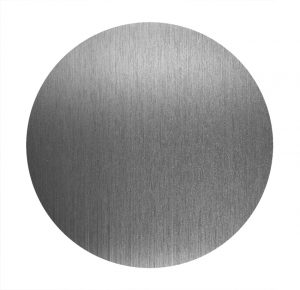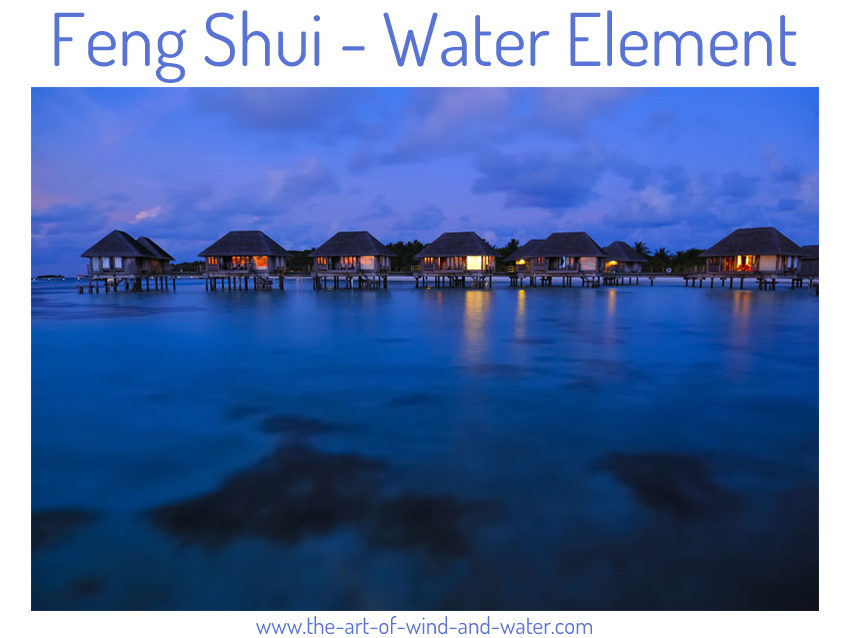
The Water Element
Classical Feng Shui
Also known as ‘The Five Transformations’, the five elements represent an aspect of time and the state associated with that. Within your home the elements can be used with the Chinese Trigrams from the I Ching when looking at any missing areas in the plot or building shape. The elements can also be used with the Feng Shui Flying Stars calculation when using the Lo Pan Compass to analyse the interior, they are then applied through a combination of materials, shape and colour. The following table provides a breakdown of the water element; the essence, meaning and application in Feng Shui and Taoist philosophy.

| Five Element Theory | The Water Element |
|---|---|
| Associations | Quiet, Cool, Floating, Stillness, Hibernation, Communication, Transmission of ideas |
| Colours | Black, Blue, Violet |
| Season | Winter |
| Time | Midnight |
| Direction | North |
| Celestial Animal | Turtle |
| Yin or Yang | Yin, Feminine |
| Movement | Descending |
| Power | Consolidation |
| Flavour | Salty |
| Sound | Suck |
| Weather | Rainy, Wet |
| Climate | Cold |
| Age | Old age |
| Stage of Life | Death |
| Organ | Kidney, Bladder |
| Exterior | River, Stream, Brook, Pond, Pool, Water Feature, Fountain, Waterfall, Greenhouse, Undulating Hills, Irregular Hills, Irregular Rounded Buildings |
| Interior | Fish Tank, Water Utilities, Coloured Soft Furnishings |
| Material | Reflective Surfaces, Crystal, Glass Mirror, Reflective gemstones |
| Shape | Irregular wavy |
| Form | Flowing, Curved, Wavy, Soft lines, Irregular, Asymmetrical, No fixed shape, Eclectic shape |
| Building Material | Reflective surfaces |
| Building Shape | Flowing Curves |
| Roof Shape | Flowing Curves |
| Building Activity | Temporary business, Holiday lettings, Art exhibitions, Airport terminal |
| Images | Still Lake, Oceanic Water, Waterfall, Water life |
| Colours | Black, Navy, Midnight Blue, Dark Blue, Dark Indigo, Charcoal, Grey |
| Yin (Feminine) | Wavy Furnishings, Stream |
| Yang (Masculine) | Water Feature, Ocean |
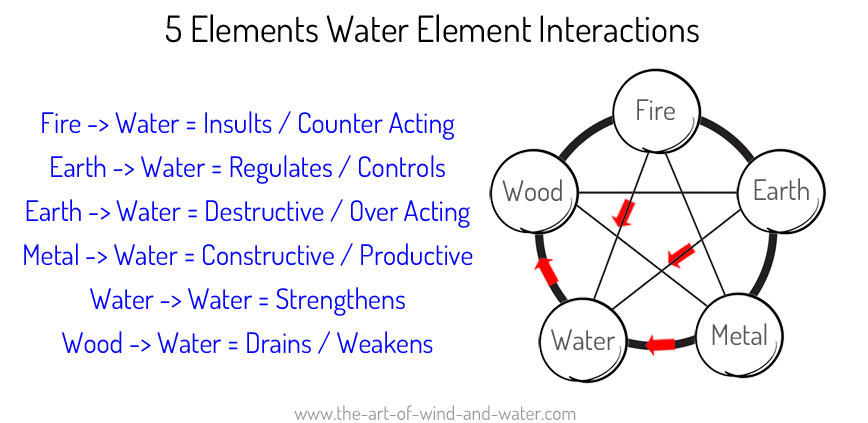
The 5 Element Cycles and Relationships
The kidneys are the water element in Traditional Chinese Medicine. In the five element theory, the other four elements interact with the water element. The concept of the five elements is to bring everything back into balance, each coexisting without dominance. You can determine which of the five elements could be utilised to help strengthen, weaken, control or regulate the water element. An example would be if the water element was deficient, then the metal element would be used to support and the water element would be used to strengthen. If the water element was too strong, then the wood element would be used to drain, or the earth element would be used to regulate.
5 Elements Architecture
In the surrounding environment, shapes in the landscape whether natural or built correspond to the five element theory. This article looks at buildings and the five elements: wood, fire, earth, metal, water.
5 Element Cycles
As with Yin Yang theory, the 5 elements also interact with each other and hold different relationships depending on which element is in focus. Read more about the constructive cycle, the draining cycle, the insulting cycle and the deconstructive cycle.
5 Element Colour Schemes
The history of colour is rooted in ancient times, religion and culture. There are many colour schemes and colour associations from varying corners of the globe. Here are the three main groups; Western, Eastern and Feng Shui.
5 Elements Room Colours
Each colour is associated with one of the 5 element theory and can be applied as a remedy for the Flying Stars compass school analysis of a home layout.
